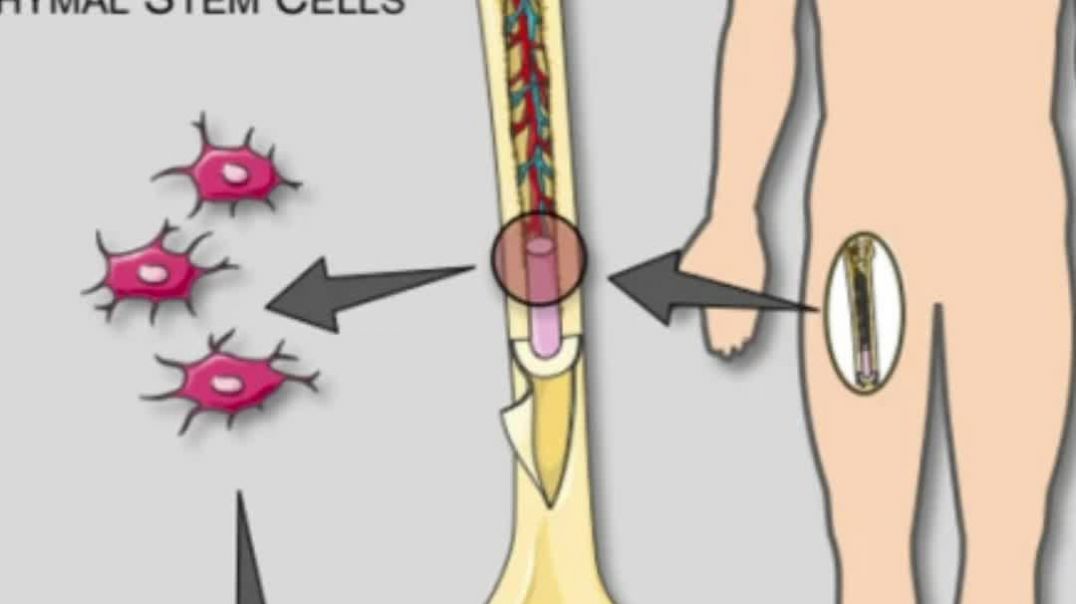CAR T-cells in Non-Hodgkin Lymphoma, A Hopeful Option 2022
Summary: CAR T cell therapy is a promising form of immunotherapy for Non-Hodgkin Lymphoma. It has distinct advantages over prior therapies as well as its own limitations. This presentation discusses when CAR T therapy is indicated, how it works, and why it is beneficial for relapsed or refractory lymphoma.
Presenter: Gary Simmons, DO
To read the transcript, go to: https://www.bmtinfonet.org/vid....eo/car-t-cells-non-h
Highlights:
Non-Hodgkin Lymphoma is very common. There were 77,000 cases and 20,000 deaths in 2020. Diffuse large B-cell lymphoma is the most common type of non-Hodgkin lymphoma.
CAR T-cell therapy is approved for treatment of patients with non-Hodgkin lymphoma whose disease is refractory (does not respond to treatment) or relapsed (comes back after treatment).
CAR T cells are genetically altered versions of the patient’s own cells. They combine the best features of B-cells and T-cells for treating lymphoma. Unlike transplants, patients do not need to be in remission to receive CAR T-cell therapy.
This is a video of a webinar that occurred Thursday, January 13th, 2021. Presenter: Gary Simmons, DO, Medical Director of Ambulatory Cellular Immunotherapies and Transplant, VCU Massey Cancer Center, Richmond VA.
Key Points:
(00:05:14) There are different types of non-Hodgkin lymphoma. The initial treatment will vary, depending on the type of non-Hodgkin lymphoma a patent has.
(00:09:53) Patients who relapse after initial treatment (the disease comes back) or do not get into remission with initial treatment generally do poorly with additional chemotherapy.
(00:15:35) B-cells and T-cells are part of the immune system and have different functions. B-cells fight threats outside the cell, while T-cells fight infections within the cell.
(00:17:31) CAR T-cells are genetically modified versions of the patient’s own immune cells that utilize the strengths of both the T-cells and B-cells to fight cancer.
(00:20:48) CAR T cell therapy is much more effective in achieving remission in patients with relapsed or refractory non-Hodgkin lymphoma than chemotherapy.
(00:23:37) PET scans show CAR T cell therapy can work very quickly, with great responses in as little as one to three months.
(00:28:02) Whether a patient should have a stem cell transplant or CAR T-cell therapy is dictated by the disease and scientific evidence at the time.
(00:28:36) Transplants are most effective when patients are in remission.
(00:29:50) Transplant toxicity in autologous transplants (transplants using the patient's own cells) is mainly due to pretransplant chemotherapy. Toxicity in an allogeneic transplants (transplants using donor cells) is mainly due to graft-versus-host disease (GVHD).
(00:38:20) The primary toxicities associated with CAR T-cell therapy are cytokine release syndrome and neurotoxicity which can usually be well managed.
(00:45:09) The future is moving toward immunotherapy and wider use of CAR T cell therapy.
Meet the speaker: https://www.vcuhealth.org/find....-a-provider/find-a-p
WHO WE ARE: BMT InfoNet is dedicated to providing patients and their loved ones with emotional support and high quality, easy-to-understand information about blood stem cell transplants (bone marrow, peripheral blood and cord blood) and other cellular therapies. Whether you are just beginning your transplant or cellular therapy journey, or learning to manage the joys and challenges of survivorship,
BMT InfoNet is here to help before, during and after treatment. Our goal is to empower you with credible information and emotional support, so that you can take a more active role in decisions affecting your health. http://www.bmtinfonet.org
VISIT US ON SOCIAL MEDIA:
https://www.facebook.com/bmtinfonet/
https://www.facebook.com/bonemarrowst...
https://twitter.com/BMTInfoNet/
https://www.instagram.com/bmtinfonet/
https://www.linkedin.com/company/bmt-...
-
Category





















No comments found